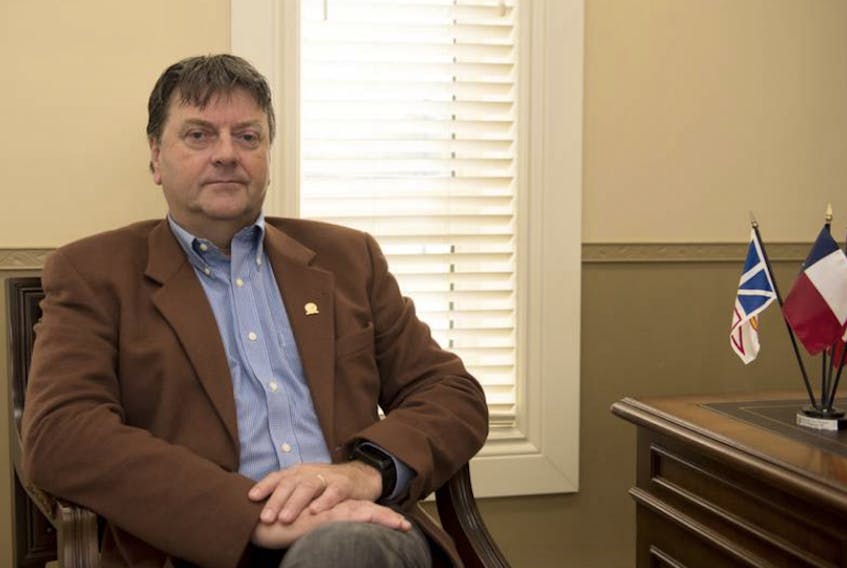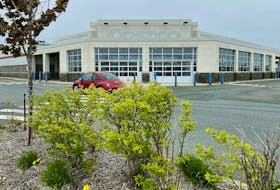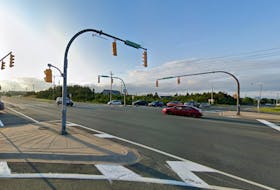Keeping the lights on in Gander isn’t cheap.
Budget 2019 for the central Newfoundland town allocated more than $1.1 million for its electrical needs, an increase of 1.8 per cent over the previous year’s allocation.
In total, it makes up 6.7 per cent of the town’s $17-million budget.
For well over two decades, Mayor Percy Farwell said the town has been engaged in finding efficiencies to reduce the cost of heat and light for its buildings.
Gander recently announced through partnership with Honeywell Building Solutions, it was able to realize $234,179 in energy consumption savings for 2018.
This, Farwell said, was done by assessing town infrastructure for efficiency opportunities, largely surrounding heat and light solutions.
A few of the retrofit initiatives mentioned included town buildings being converted to programmable thermostats, LED lighting, motion-sensor lighting and buildings being sealed in heat loss areas.
However, the money isn’t back in the hands of the town just yet.
Farwell confirmed the savings are being used to finance the upgrades.
“The buildings are assessed for efficiencies, retrofits are recommended and (the company) finances it,” he said. “You pay it back out of savings achieved through the retrofit.”
The repayment is carried out over a period of time, Farwell said, “so in a relatively short time frame, you achieve savings that pay for the retrofit and… from that point onward we’ll be generating annual savings.”
Farwell said the town will continue partnering with Honeywell to look at the possibility of electric-powered town vehicles and alternate sources of energy for buildings.
He was skeptical as to whether it would mean a tax reduction for residents.
“It more likely means less upward pressure on taxes,” he said.
Furthermore, Farwell said these initiatives help reduce the town’s carbon footprint and prepare the town for proposed rate increases for electricity when Muskrat Falls comes on stream.
“The more work you do up front to get that demand down, that will make the savings even greater,” he said. “Because unfortunately, one way or another, power is going to end up costing more.”
Province-wide concern
Tony Keats, president of Municipalities Newfoundland and Labrador, recognizes the need for municipalities to try to find savings.
He said MNL has been working with partners to develop energy-efficient initiatives because it can be a costly burden for taxpayers.
Street lighting in Dover, where Keats is mayor, costs the town approximately $1,200 per month. Heating and lighting of town-owned buildings runs between $1,500 and $2,000 per month, stated Keats.
The population of the Bonavista Bay town is 662 according to the 2016 census.
“For a small community it’s big money,” he said.
Dover has also jumped on board with programmable thermostats, LED lighting, and has employees engage in best practices for energy consumption, such as making sure all doors are closed.
“Anything that can bring down costs for a municipality so residents don’t pay higher taxes is a great thing,” he said.
"It’s important for us to make sure communities are aware of programs and different things that can be done to bring those costs down."
He too has concerns about increased power rates putting additional pressure on municipalities.
MNL, he said, will continue to hold government to keeping rate increases to a minimum and will continue to keep communities aware of any incentives and new technologies that can be taken advantage of.









